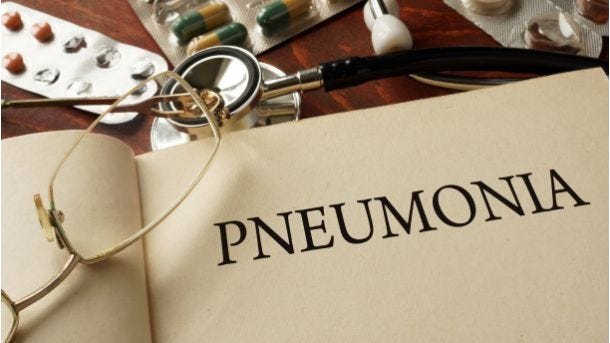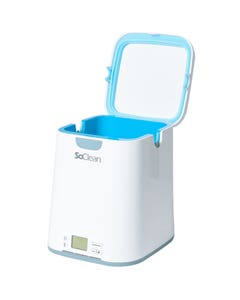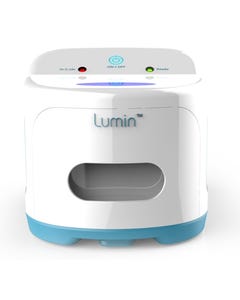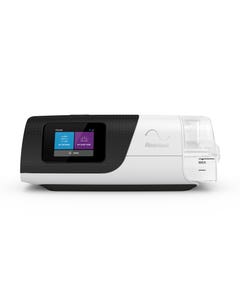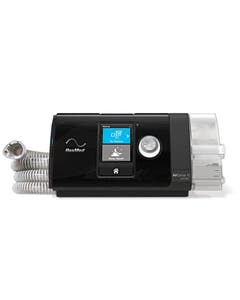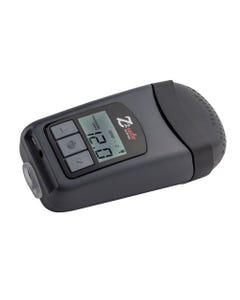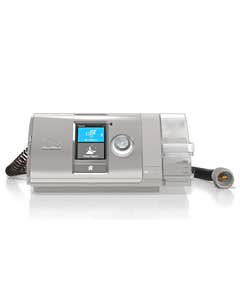Can CPAP Cause Pneumonia?
The last thing that anyone with sleep apnea needs is to compound their condition with respiratory distress such as through the development of pneumonia. While studies show evidence that people with sleep apnea are potentially more vulnerable to developing pneumonia, there are ways to decrease that risk for CPAP machine users.
Can CPAP Machines Cause Pneumonia?
Pneumonia is a lung infection that affects a person's air sacs. Air sacs can become inflammed, filled with fluid or pus, and may even become solid. The swelling and fullness of the lungs make it extremely hard to breathe. Pneumonia is caused by a bacterial or viral infection and can be life-threatening to infants, children, and people 65 or older.
Using a CPAP machine unfortunately increases the risk of a person getting pneumonia. That's because a CPAP machine can transfer bacteria and other viruses into the lungs during therapy if not properly cleaned. It is vital to a person's overall health to make sure they are always properly cleaning not only their CPAP machine, but other CPAP equipment as well.
Humidifiers and Pneumonia
Although humidifiers cannot cure pneumonia, they can certainly contribute to alleviating the symptoms. Humidifiers add more moisture into the surrounding air, easing congestion and congestion, and clearing nasal passages. With the reduction of symptoms, a person will be able to sleep easier throughout the night for better rest.
Are Humidifiers Good for Pneumonia?
As mentioned, humidifiers will reduce the symptoms of pneumonia so that a person can breathe easier and also get better rest. Features like cool mist and voice command can be highly beneficial to those with pneumonia to offer both comfort and convenience.
Can a Humidifier Cause Pneumonia?
A humidifier cannot directly cause pneumonia, but if not properly cleaned and maintained, the dirty air coming from the humidifier could worsen pneumonia symptoms or result in other lung infections. So, it is vital that a person keeps their humidifier clean for the best results.
Can I Use a CPAP When I Have Pneumonia?
A CPAP machine could potentially be used for those who are suffering from pneumonia to help keep their airways open to breathe better. However, it is recommended to consult with a health care provider. Your doctor will be able to assess the severity of pneumonia and determine if using a CPAP machine is the best course of action.
How to Avoid Pneumonia While Using a CPAP Machine
There are a few ways to avoid pneumonia while using your CPAP machine. It is highly recommended to take the necessary measures to keep your equipment clean and replace accessories as needed.
- Follow mask replacement protocols to avoid any mask from becoming a source of bacteria.
- Regularly clean all the parts of your CPAP machine. From hoses to masks to humidifier water chambers, it is best to follow manufacturer schedules for cleaning. You can also use sanitizers for easier, faster cleaning.
- CPAP Sanitizers like the SoClean 2 and 3B Lumin help prevent bacteria, viruses, and mold buildup.
- Understand the different types of CPAP filters. Changing your filters as the manufacturer recommends can help minimize harmful bacteria in your equipment.
SoClean 2 CPAP Cleaning Machine Overview

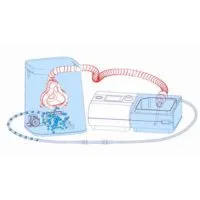
The SoClean 2 CPAP Cleaning Machine destroys 99.9% of bacteria, viruses, and mold from CPAP equipment and other household items. The cleaning and sanitzation process takes only 7 minutes to complete, without the use of any chemicals or water. Instead, it uses natural activated oxygen to destroy any harmful materials. It's also very user-friendly, and only requires a person to start the automated cleaning process.
3B Lumin CPAP Cleaner Overview

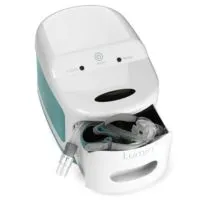
Similar to the SoClean 2, the 3B Lumin CPAP cleaner also destroys 99.9% of viruses, bacteria, mold spores, fungi, and other germs that could settle into CPAP machines, masks, and other equipment. Its cleaning process takes 5 minutes and uses UV-C light to get rid of any harmful material on the items being cleaned. This cleaning device also does not require or soap, and can be started simply with one touch of a button.
Conclusion
For millions of people with sleep apnea, using a CPAP machine has provided life-changing results. CPAP treatment promotes positive short- and long-term health outcomes. Inviting other adverse and potentially deadly health effects by not keeping and using CPAP cleaning supplies to optimize the therapy and avoid conditions like pneumonia with a consistent cleaning protocol makes no sense.
If you need help finding CPAP products that are suitable for you, our expert team would be happy to help! Visit The CPAP Shop online or give us a call at 866-414-9700 today!
The CPAP Shop teamed up with Dr. Vidya Pai, an experienced sleep medicine specialist, to write this blog post. Our team of authors and medical experts frequently evaluates our blog posts so that readers can learn factual information and make knowledge-based decisions. Our blogs get constantly updated with the most accurate information to provide the most up-to-date facts and research.
Reference
Su, Vincent Yi-Fong, et al. “Sleep Apnea and Risk of Pneumonia: A Nationwide Population-Based Study.” CMAJ : Canadian Medical Association Journal = Journal de l’Association Medicale Canadienne, 1 Apr. 2014, www.ncbi.nlm.nih.gov/pmc/articles/PMC3971026/.



